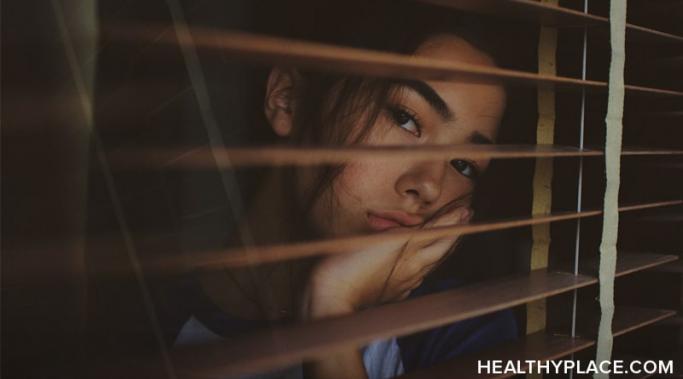Blogs
Mindfulness can help you build strong self-esteem in part because mindfulness is the practice of focusing on one thing at a time. When your mind jumps around from one thing to another, it's difficult to make progress on any one task. This can lead you to feel inadequate and incompetent. Learn to practice mindfulness and you will find yourself completing more tasks with fewer errors, and your self-esteem will blossom.
I am exercising less in quarantine—and that is acceptable. In these last few months, COVID-19 has disrupted many of the routines and norms that were baked into my life without question before, and one of those routines is fitness. My motivation to workout seems to decline with each passing day, which is unusual for me, a committed runner with a history of chronic overexertion.
Because of my schizoaffective disorder, I beat up on myself a lot. Whenever anything goes wrong, I blame myself--or look for ways to blame myself. As a feminist, I want to love the goddess that I am, but this isn’t reality for me.
It may be difficult to imagine how self-harm affects others when no one even knows (at least to your knowledge) that you're hurting yourself. Pain, however, always causes a ripple effect.
Anxiety hangs out in the body as much as it does in the mind. Many of the symptoms of anxiety are physical because we are one whole, united system: brain, body, and mind. Because of this, our entire being--thoughts, emotions, and body--is impacted by stress and anxiety. As annoying and life-disruptive as this is, it means that we have multiple ways to find it and heal it. You can reduce your symptoms by working with your body. Here are some ways you can ease the anxiety in your body both immediately and long-term.
My name is Martyna Halas, and I’m very excited to join HealthyPlace as the new author of "Speaking Out About Self-Injury."
I can still remember my first experience with verbal abuse. At the time, I was only 13 years old.
There is a common perception that the hypomanic phase of bipolar disorder type II does not impede one's ability to work, unlike the full-blown manic episodes that come with bipolar disorder type I. I believe that this is misleading. While it is true that hypomania is less severe than mania, the symptoms -- elevated mood, inflated optimism, distractibility, increased goal-oriented activity, racing thoughts, and impulsivity -- are the same. Hypomania may not have sent me to the hospital, but before I began treatment, hypomania made it almost impossible for me to work.
Why is it important to avoid digital self-harm on the Internet? Is it possible to avoid it when the modern Internet is itself complicit in facilitating self-harm?
Growing up, maladaptive daydreaming was a huge part of my life. Of course, I didn't realize it was maladaptive until I went off to college and the daydreams just sort of stopped. I missed them a lot at first, and there are times even now, several years into my recovery from depression and anxiety, that I miss my daydreams.









